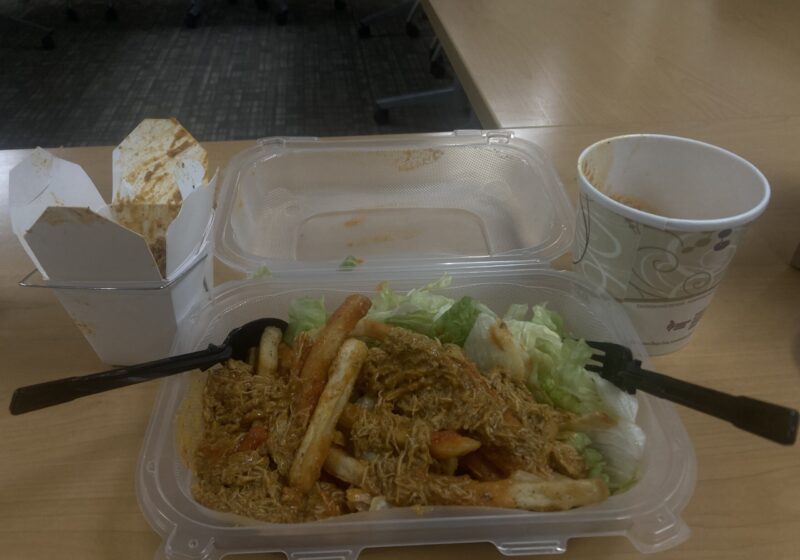America is at a turning point. The decisions being made by our government today will affect our future safety and prosperity. President Bush’s State of the Union address on Tuesday brought up many of these issues — ones that are relevant to all Americans. Topics both domestic and foreign were put in the spotlight. Americans in general, and we as college students, should be aware of the implications of Bush’s policy suggestions upon the direction our country is moving.
The problems of terrorism and war are upon us. The effects of September 11 are still never far from our minds. Both North Korea and Iraq have come to the forefront as concerns for the United States, but we now must consider that both countries pose a significant threat. The question of which, if any, deserve military action directed from our shores is one that must be answered.
We cannot ignore overwhelming indications that Iraq is violating U.N. disarmament policies and acting as a belligerent party when confronted by U.N. weapons inspectors, but we need to remember that North Korea is openly admitting to having nuclear capabilities.
The U.S. should continue to take an active role in encouraging the U.N. to enforce its policies in Iraq and to eradicate the threat that Saddam Hussein poses to the world. It is clear we do not want Iraq to become a dominating power, and combining this with the indications of al-Qaida forces being harbored there as well as the country’s geographic location, it presents a unique threat. There is sufficient evidence to investigate these terrorist links in Iraq as a realistic possibility. The situation in Iraq calls for action, through force if necessary, but we must proceed through the correct channels.
Hussein should be removed from power and the situation in Iraq needs to be addressed, but the U.S. alone should not be responsible for bringing a resolution to either of these matters. The United Nations has repeatedly brought weapons inspectors into Iraq, and for years has put off offensive action against Hussein, giving him repeated chances to disarm. The time for idle threats has passed — U.N. policy must be enforced with the backing of the U.S.
Bush’s plan for cutting income taxes is commendable, as it will have a stimulatory effect on our now stagnant economy. Additional money in the pockets of Americans will revitalize the economy and reduce unemployment, bringing our economy closer to the range of prosperity.
However, some of Bush’s monetary reorganizations should be questioned. Eliminating taxes on dividends helps only a small percentage of already wealthy patrons of the stock market. In addition, by simple economics, if there is less money going into the government, it is likely there will be cuts from the budgets of other programs. The tax relief on earned wages benefits everyone — tax cuts on dividends do not.
On a positive note, Bush’s proposals to put funds into improving environmental initiatives, such as viable alternatives for fueling automobiles are worthwhile. Not only would money for research go toward improving the environment, but reducing dependence on oil, especially foreign oil, is a good idea. Also, his proposal to aid those who are addicted to drugs is a productive response to the drug problem in America. The drug treatment program is a good step for Bush’s war on drugs. Traditionally, the focus on combating drug trafficking on the offensive has created more problems than it has solved. Focusing on solutions at a community level is more realistic and creates tangible results.
While addressing these important domestic issues, the U.S. should exercise diplomacy in international matters as well, and not act as a dominant threat. If Iraq poses as a threat, it should not be our sole responsibility to resolve the problem, but we ought to take an active role in any global resolution. Bush said in his speech, “America is a strong nation, and honorable in the use of our strength.”
We should live up to these words, and show our strength not only in our domestic affairs, but also in terms of the international dilemmas we now face.





